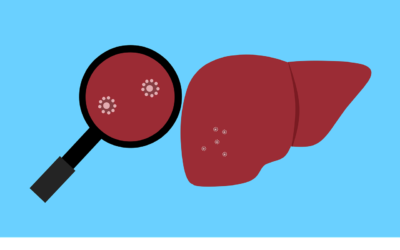Alan S Cross, Steven M Opal, John E Palardy, Surekha Shridhar, Scott M Baliban, Alison J Scott, Abdullah B Chahin, Robert K Ernst.
Innate Immun . 2021 Apr;27(3):266-274.
https://pubmed.ncbi.nlm.nih.gov/33858243/
Abstract
Despite the dramatic increase in antimicrobial resistance, there is a dearth of antibiotics in development and few pharmaceutical companies working in the field. Further, any new antibiotics are likely to have a short shelf life. Ab-based interventions offer alternatives that are not likely to be circumvented by the widely prevalent antibiotic resistance genes. Bovine colostrum (BC)—the first milk after parturition, rich in nutrients and immune components—promotes gut integrity and modulates the gut microbiome. We developed a hyperimmune BC (HBC) enriched in Abs to a highly conserved LOS core region of Gram-negative bacteria by immunizing pregnant cows with a vaccine comprised of detoxified LOS from Escherichia coli O111 Rc (J5) mutant non-covalently complexed to group B meningococcal outer membrane protein (J5dLOS/OMP). This vaccine generated robust levels of anti-J5 LOS Ab in the colostrum. When given orally to neutropenic rats challenged orally with Pseudomonas aeruginosa, administration of HBC improved survival compared to non-immune rats, while both BC preparations improved survival compared to PBS controls. Elevated circulating endotoxin levels correlated with mortality. HBC and to a lesser extent non-immune BC reduced bacterial burden from the liver, lung, and spleen. We conclude that HBC and to a lesser extent BC may be effective supplements that improve outcome from lethal gut-derived disseminated infection and may reduce transmission of Gram-negative bacilli from the gastrointestinal tract.



0 comentarios